Making up your mind about buying a solar panel for your house or business is not only a step toward clean energy but also toward making a long-term profit. After much research, you must have encountered these two words – Monocrystalline and Polycrystalline! Or simply mono and poly! These are the main types of solar panels available in the market. You now have a wide range of possibilities thanks to science. Additionally, it has caused a lot more confusion surrounding a single decision. The best way to resolve all this confusion is to learn about these types. When you’ll know their pros and cons, you’ll be able to decide properly. So, in this article, we’ll talk about Mono and Poly-crystalline solar panels:
Mono-Crystalline Solar Panel
Wafers of silicon are used in the production of solar cells for monocrystalline panels. As a result of using single-crystal silicon, the panel is known as “mono.” So, the cell has a single-crystal construction. Thereby it has more room for the electrons to move, resulting in a greater electricity flow. In comparison to polycrystalline solar panels, monocrystalline ones are more efficient due to this aspect, owing to their par efficiency they’re also considered all-weather solar panels.
Poly-Crystalline Solar Panel
Solar panels referred to as polycrystalline or multi-crystalline include many silicon crystals within a single photovoltaic cell. Multiple fragments of silicon are liquefied together to shape the polycrystalline solar panel wafers. The cells’ production is permitted to cool directly on the panel. They are composed of many polycrystalline silicon crystals and have a square shape and a brilliant blue color. Polycrystalline panels have a limited amount of electron movement inside the cells due to the many silicon crystals present in each cell. These solar panels transform solar energy into electricity by absorbing it from the sun.
Factors Influencing Your Decision
You must have gained a basic idea about two types of solar panels. Now, you need to consider a few factors before opting for one of the types:
Efficiency
Efficiency is an important factor in determining the right solar panel for your house. Monocrystalline panels have higher efficiency. They have a 15-20% efficiency range. But, polycrystalline panels have a slightly lower efficiency rate of 13-16%.
Cost
Due to their configuration, monocrystalline panels are pricey. However, polycrystalline solar panels are rather inexpensive. It is best to analyze the long-term benefits of both these types for the right decision. If you have a high budget then you can consider a monocrystalline solar panel. But if your budget is restricted then polycrystalline could be an ideal option for you.
Space
Due to their higher effectiveness, monocrystalline solar panels may be an option if the area on your roof is constrained yet require more solar output. In your circumstance, it is worthwhile to spend more money on these panels because you can maximize your power production while still having enough room to install a PV system.
On the other hand, polycrystalline solar panels are a more affordable option if you have a large amount of free area on your roof or if you intend to set up a round-mounted PV system.
Lifespan
You should include the expected lifecycle of each solar panel when comparing the upfront installation expenses of monocrystalline and polycrystalline solar panels. Due to the extended product lifespan, suppliers of monocrystalline solar panels typically provide a 25-year warranty. Polycrystalline solar panels aren’t much that different from monocrystalline solar panels in terms of lifespan, although manufacturers may provide varying warranties.
Climate
A monocrystalline solar panel may withstand more heat than a polycrystalline one. If you select the polycrystalline option and live in an area where it is hotter for most of the year, this could shorten the longevity of your panels.
However, industry watchers generally concur that, unless you live in a dry area, the effect would only be modest over time. It is recommended to address this matter with your installation firm, as they can direct you more effectively in light of the relevant statistics and information regarding the local climate in your area.
So, both types of solar panels have their fair share of pros and cons. So, with the help of the above factors, you can decide which one works best for you.
Still dicey about which panels to go for?



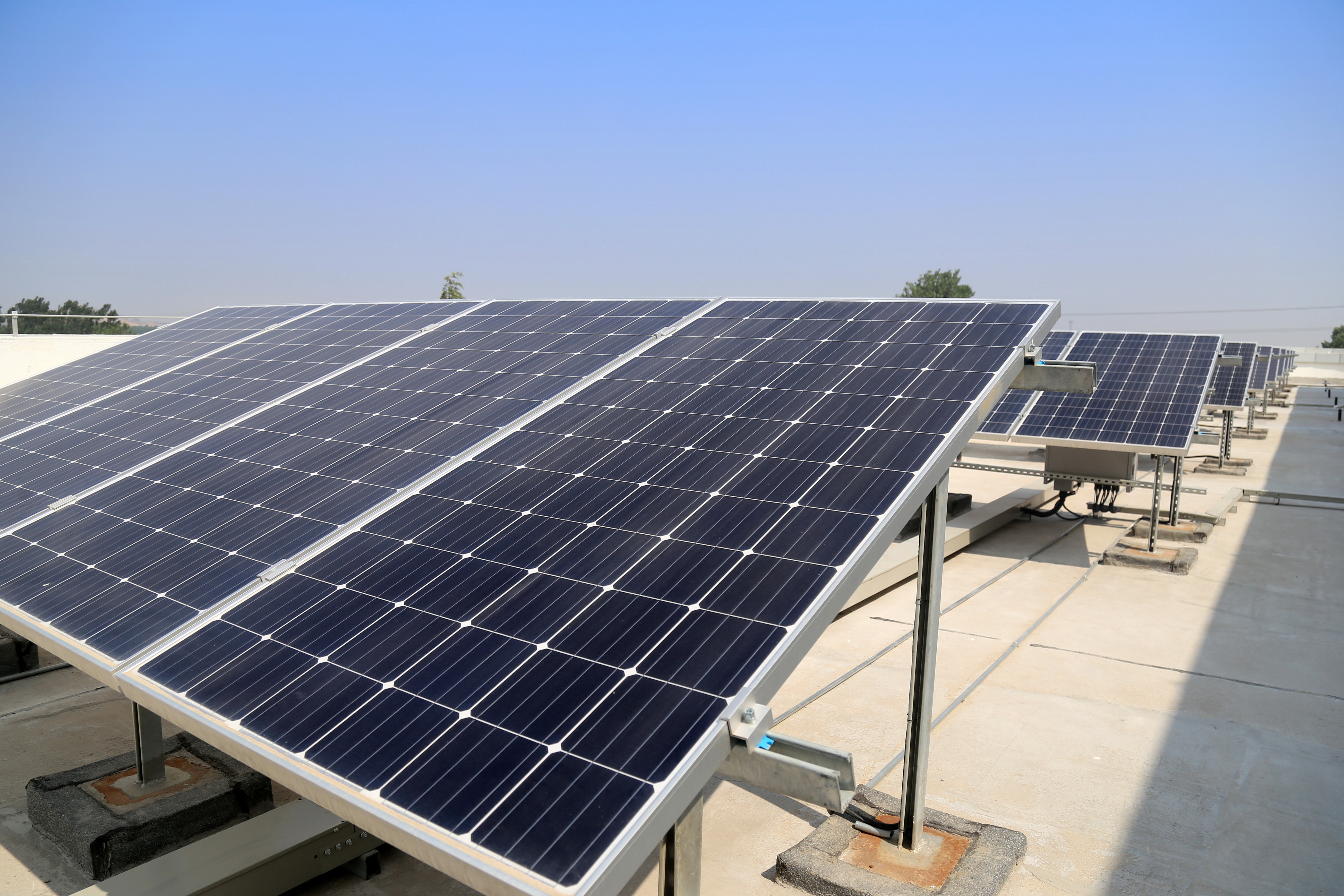
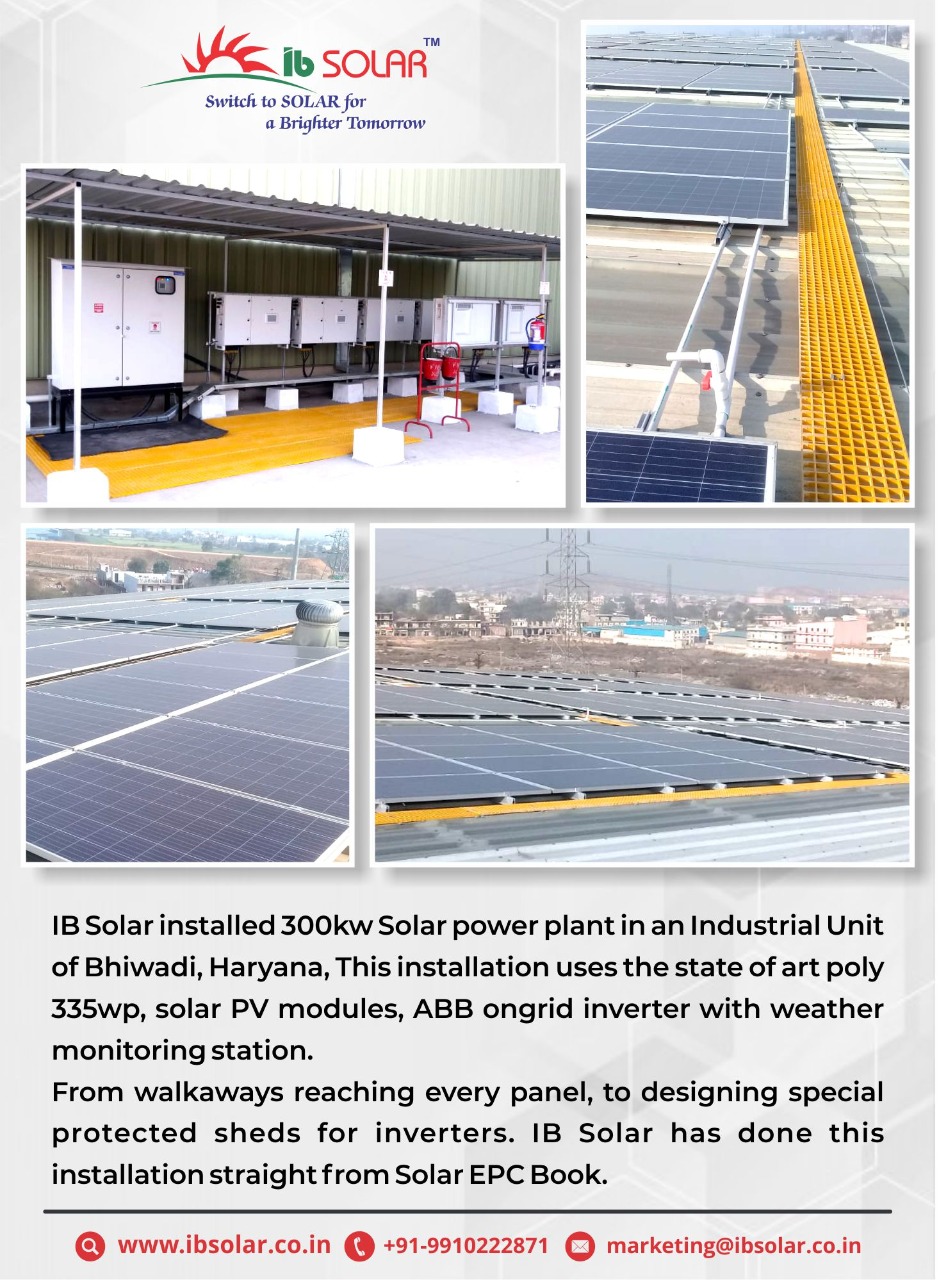
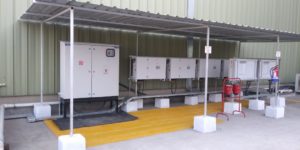
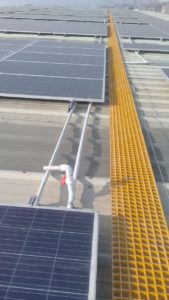
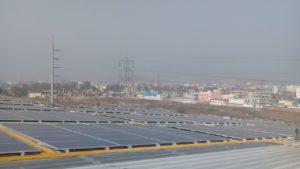
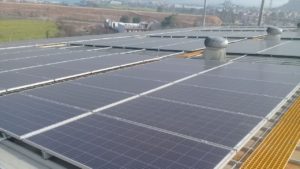
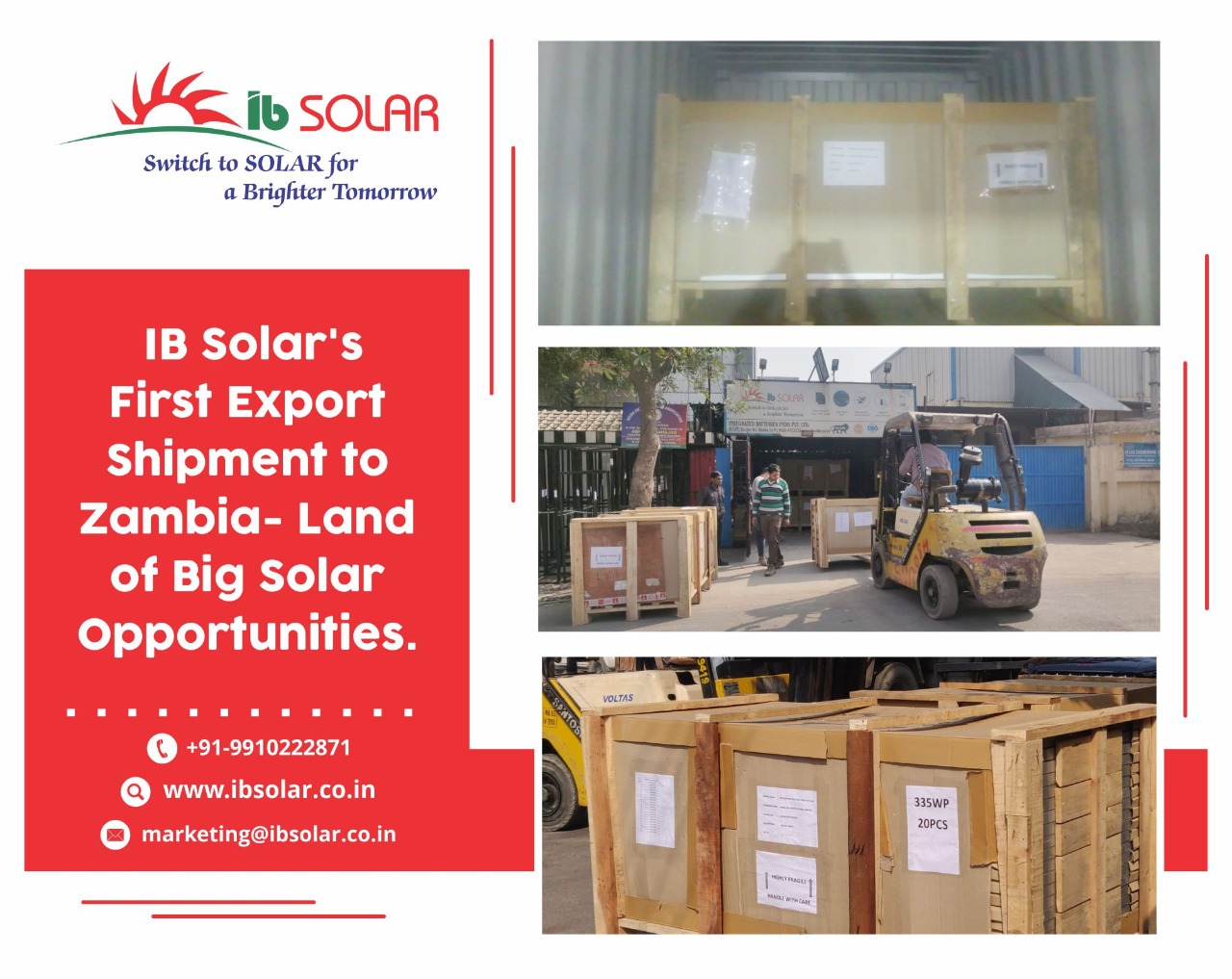
 IB solar make 335wp Solar PV modules, IB solar make 12v200ah Solar tubular batteries, Off-Grid Inverters and Solar BOS
IB solar make 335wp Solar PV modules, IB solar make 12v200ah Solar tubular batteries, Off-Grid Inverters and Solar BOS



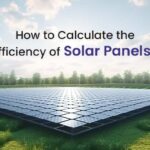


Recent Comments